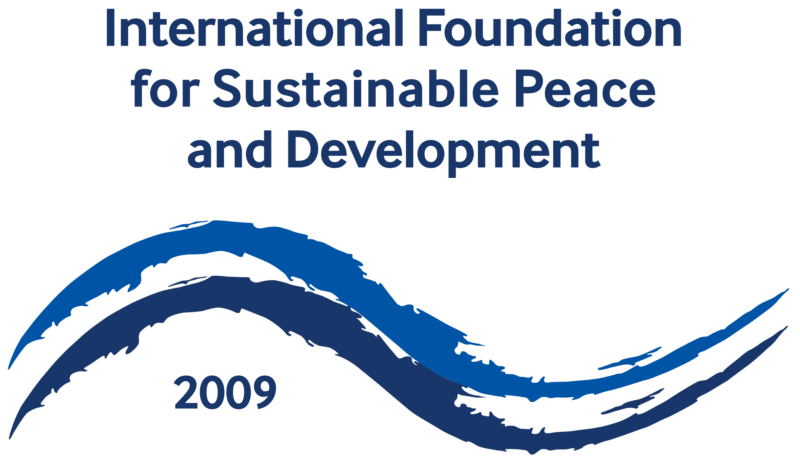The event “New Security Dynamics in the Black Sea region”, organized by the International Fund for Cooperation and Partnership of the Black Sea and Caspian Sea, took place on March 21, 2013, in Howard Johnson Hotel, Bucharest. The invited speaker was Mr. Sergei Konoplyov, the Director of theHarvard Black Sea Security Program and US-Russia Security Program.
During the first part of the event, Mr. Sergei Konoplyov made a presentation of the Harvard Black Sea Security Program, its mission and goals. Being one of the more than 60 programs run by the Harvard Kennedy School, the Black Sea Security Program was established in 2001, aiming to bring together more people from the region, and represents a development of the Harvard Ukrainian National Security Program, founded in 1997. The mission of the program was to facilitate the dialog among the policy makers of the Black Sea region and the senior US officers in order to gain a deeper understanding of the region’s security issues, to encourage cooperation among Black Sea countries, to acknowledge shared values and to develop a problem solving attitude.
The motivation of USA to create a climate of security in the Black Sea region by supporting cooperation and dialog in the this area, appeared after September 11, 2001, when it became important for USA to be closer to the Middle East and Afghanistan. As well, it was crucial that the Black Sea countries, which the energy resources of the Caspian Sea transited, were governed in the spirit of democratic values, often poorly understood in these post- communist countries.
The second part of the event was dedicated to discussing the issue why the Black Sea countries “refused” to become a region. Their historic diversity, different political systems, frozen conflicts in the region, poor political leadership and weak economies are nurturing the disparities at the level of the political will, and seem to be the major hindrance in finding a common vision and strategy, in spite of some good initiatives to develop cooperation and to strengthen the dialog, such as BSEC and GUAM.
USA fail in the Black Sea region is also attributable to the decisive role in maintaning the status quo, played by Russia, an external and, at the same time, an internal player among the actors of the region.
During the whole event, a range of questions and comments were brought into discussion by the participants. On behalf of our Fund, Mr. Orhan Mammadov approached the issues of Russia and USA position towards solving the conflicts of the Black Sea and Caspian Sea region. It was said that a hypothetical intervention of USA in solving these relatively stable conflicts would lead to a big, active conflict between these major military powers of the world.
Mr. Bogdan Nedea, analyst of the Center for Conflict Prevention and Early Warning (a think tank from Romania), commented that the frozen conflicts of the Black Sea – Caspian Sea region aren’t dealt among the countries involved, insted they are discussed in the framework of such international security organisms as UN, OSCE, Minsk Group, where Russia has the power of veto.
Among other important issues touched upon during the event it is worth mentioning those concerning the separtists movements in North Caucasus, the changes in the Black Sea region after USA ceases its involvement in the region, and the decreased influence of Nato in settling conflicts like those in the Black Sea – Caspian Sea region.

